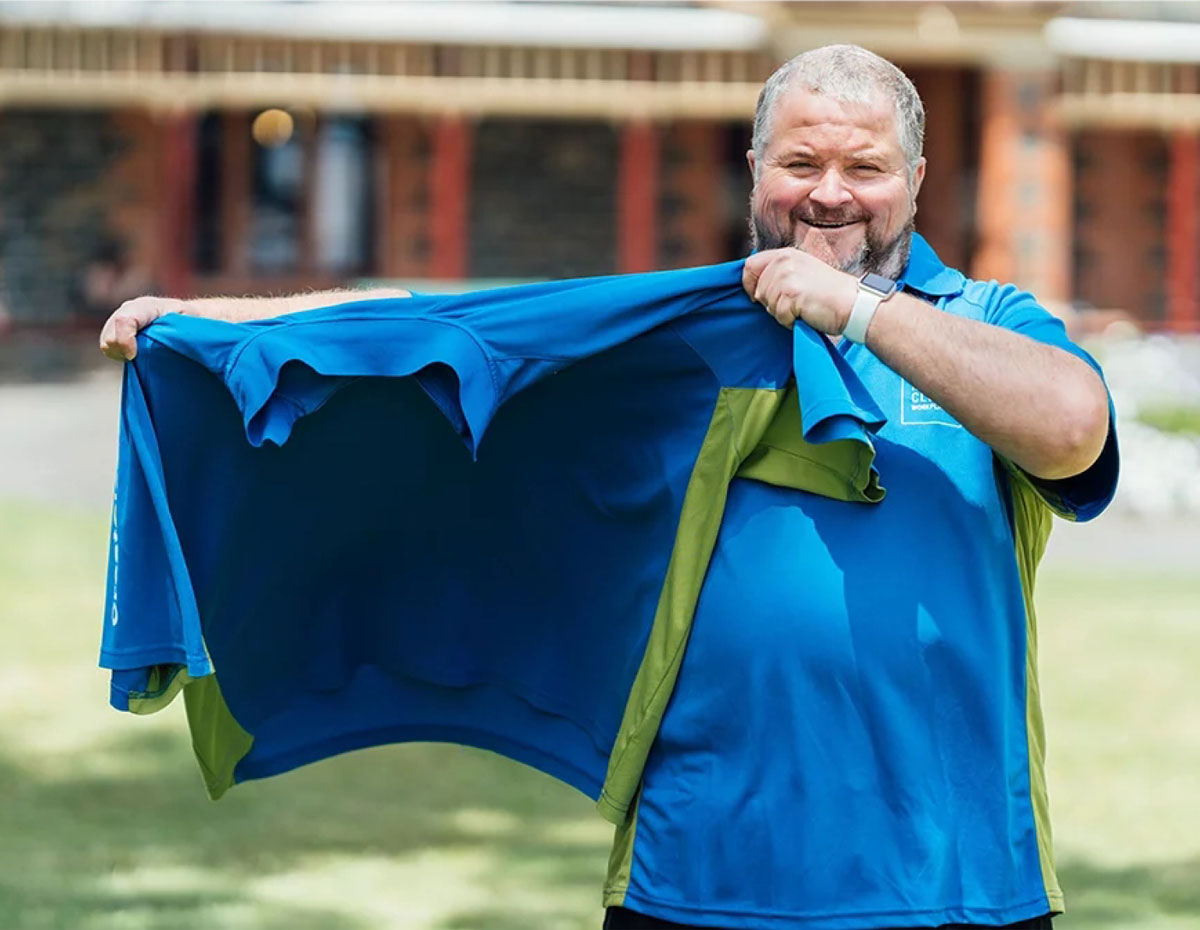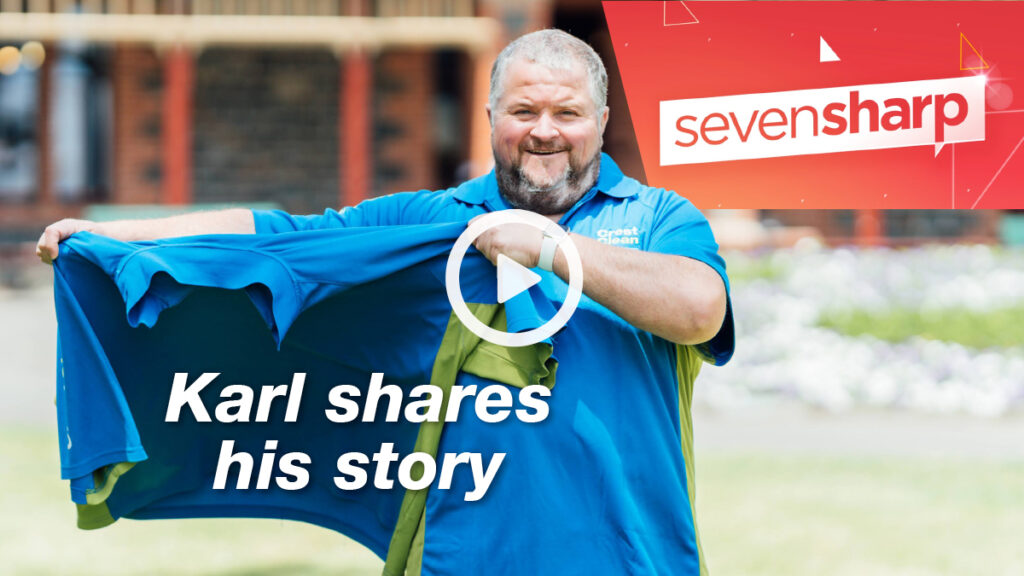KEY TAKEAWAYS

The military method is a sleep technique practiced by the U.S. Army to help soldiers sleep under any conditions, including gunfire.
The method consists of five steps, focusing on progressive muscle relaxation, deep breathing, and guided imagery to achieve a calm and peaceful state.
Incorporating the military method into a nightly routine can improve sleep habits and overall well-being.
The Chinese authorities have a torture method known as “exhausting an eagle.” It refers to an ancient practice by which falconers would train their birds of prey by never letting them sleep. The idea was that if you keep a falcon awake long enough, you’ll break its will. Humans are no different.
To “exhaust an eagle” is when Chinese guards bang a gong next to your ear or shine two intensely bright lights at your face to make sure you don’t sleep. What the Chinese interrogation services know (as the CIA knows, too) is that a sleep-deprived man is a weak man. When you cannot rest, you’ll say and do whatever your captors want.
Sleep is vital to how we function. Poor sleep has been linked to a higher risk of cardiovascular disease, diabetes, obesity, and dementia. Sleep deprivation affects your mood, makes you less likely to remember things, and makes your immune system less capable of fighting infections. It also affects performance. You are far more accident-prone and have far poorer judgment when you’re sleepy. As the National Institutes for Health observes, “Sleep deficiency has also played a role in human mistakes linked to tragic accidents, such as nuclear reactor meltdowns, grounding of large ships, and plane crashes.”
For people in the military, getting good sleep can be a matter of life and death. This is why the U.S. Army practices the “military method” of sleep. Here, we look at what that means, and how we all can learn from it to get a better night’s rest.
The military method of sleep
When your sleeping quarters are located in the middle of loud, stressful, and dangerous conditions, you might find it hard to nod off. Given that “loud, stressful, and dangerous” is kind of the U.S. Army’s thing, they needed a method to help their soldiers sleep. This technique — the “military method” — was first recorded in the 1981 book Relax and Win: Championship Performance by Olympic coach Lloyd Bud Winter.
Winter spent the years after World War II talking to members of the U.S. Army Air Corps and he learned about a little-known technique they used to relax their pilots. It was said that pilots in the Pre-Flight School who used the military method were able to fall asleep within 10 minutes. Within only six weeks, 96% of pilots using the method were reportedly able to fall asleep within this timeframe — even with gunfire in the background.
The five steps
So, what is this magic technique? Below we lay out the military method’s steps to a good night’s sleep. It’s deliberately designed to be easy and efficient, so anyone can start tonight.
- Relax your face. Focus on your forehead, your eyes, your cheeks, your jaw, and so on. Feel the tension held in them and consciously push it away.
- Drop your shoulders. Let your arms flop down and your shoulders relax. Imagine there is a soft, warm wind gently pushing your arms down.
- Take a deep breath. Slowly inhale and let it out. As you do so, focus on how it relaxes your stomach. Don’t try to hold your stomach in; let it all out.
- Relax your legs. The warm wind is back, and this time it’s gently easing your legs down. Let your legs sink into the bed or the floor. They are leaden, and the bed is soft.
- Clear your mind. There are a few ways to do this. For instance, try to visualize some calming images, like lying by a flowing river or staring at the clouds. If that doesn’t work, try saying the words “don’t think” over and over for about 10 seconds. If you get distracted, don’t get angry; just pull your mind back to one of those two techniques.
Practice makes perfect
What does the science say about the military method of sleep? It turns out that Winter and the U.S. Army might be on to something. Stages 1, 2, and 5 are otherwise known as “progressive muscle relaxation,” and evidence suggests it’s a good way to induce a calm, peaceful state. What’s more, the breathing techniques in stage 3 and the “guided imagery” of stage 5 have been shown to “enhance relaxation states, and improve overall well-being.”
But there’s also a hidden benefit lurking within the military method, and that’s the fact that it’s a method. Research has shown that keeping a routine is one of the best ways to improve your sleeping habits. It could be reading before bed, taking a shower, or doing some light exercise. The point is that routine itself is important. So give the military method a go, but don’t expect instant results. It can take between two and six weeks to become an expert — enough time for it to become routine. Stick at it, and you might just wake up feeling well-rested.


